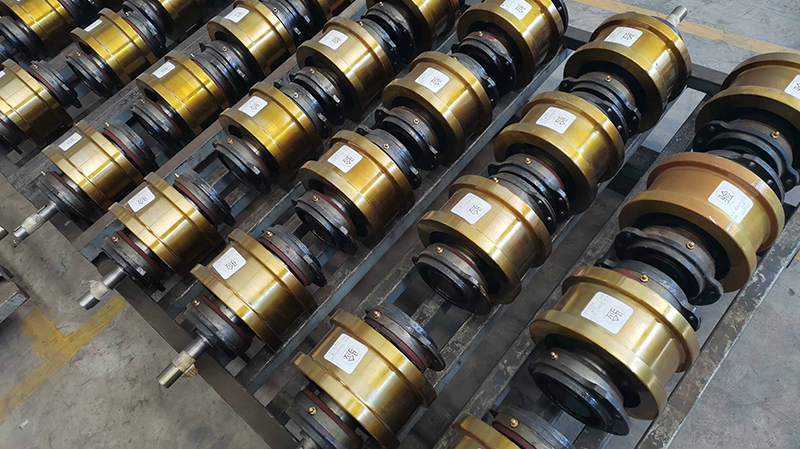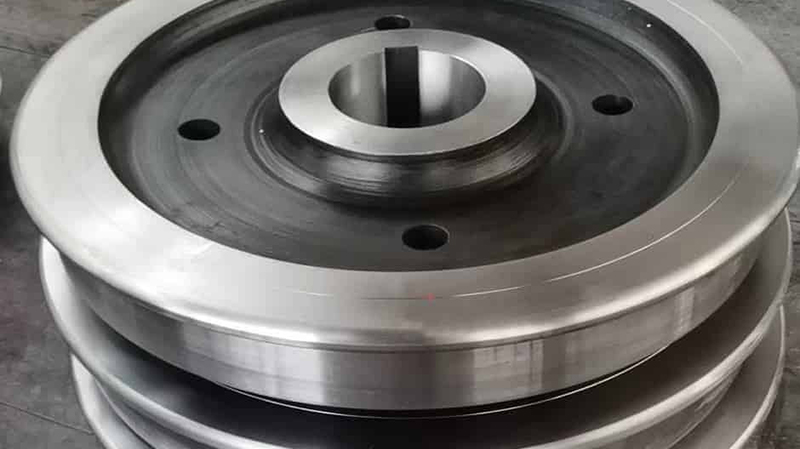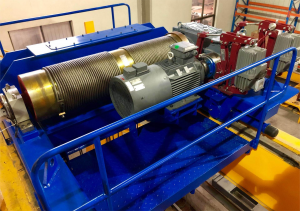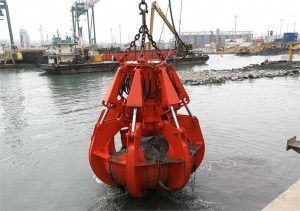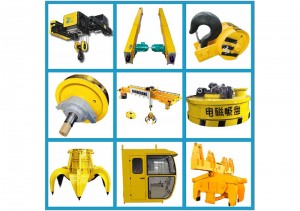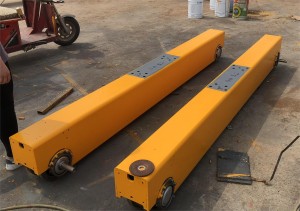
Overhead Gantry Crane Trolley Rail Crane Wheels Manufacturers
Product Details and Features
The crane wheel is one of the important parts of the crane. It is in contact with the track and plays the role of supporting the crane load and running transmission. The quality of the wheels is related to the length of the crane’s operating life.
According to the different production processes, crane wheels can be simply divided into forged wheels and cast wheels. Our company has many years of crane wheel forging experience, and has provided high-quality products for many heavy industry enterprises.
Application
The main forms of crane wheel damage are wear, hardened layer crushing and pitting. In order to improve the wear resistance and life of the wheel surface, the material of the wheel is generally 42CrMo alloy steel, and the wheel tread should be subjected to surface heat treatment during the processing process to improve the wear resistance. The surface hardness of the wheel after processing should be HB300-350, The quenching depth exceeds 20mm, and wheels that do not meet the requirements need to be re-heated.

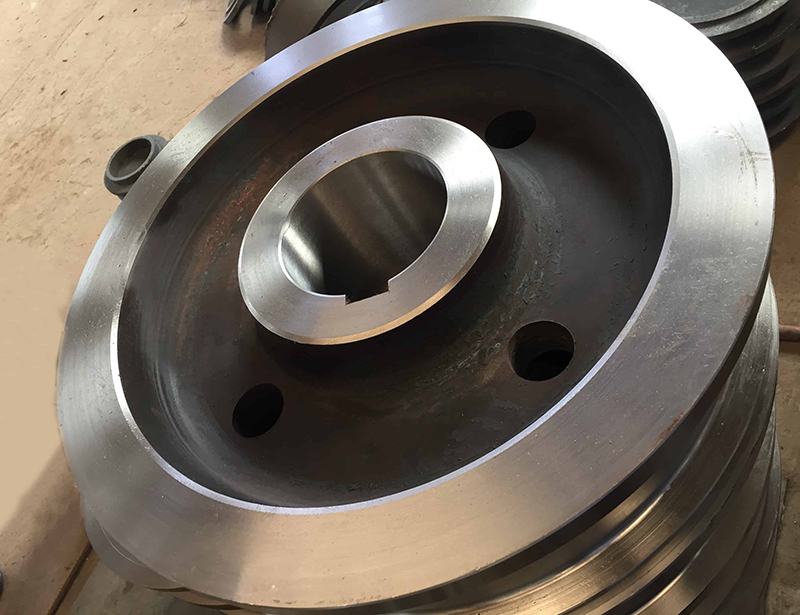





Product Process
The crane wheels have to go through the final hardness test before leaving the factory. SEVENCRANE strictly follows the requirements of the inspection regulations to select the hardness of the tread surface and the inner side of the rim of the crane wheel.
Use the hardness tester to measure three points equally along the circumference on the tread of the traveling wheel, and two of them are qualified. When the hardness value of a test point does not meet the requirements, two points are added along the axis direction of the point. If the two points are qualified, it is qualified.
Finally, the crane wheel can be put into use only after the quality certificate and manufacturing material certificate are issued for the wheel that has passed the inspection. Being able to use qualified metal materials and correct manufacturing and processing technology and heat treatment technology is an important condition to ensure the quality of the crane’s traveling wheels.


